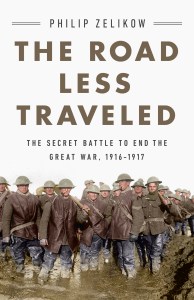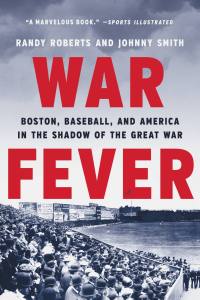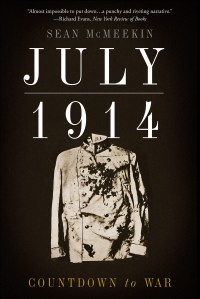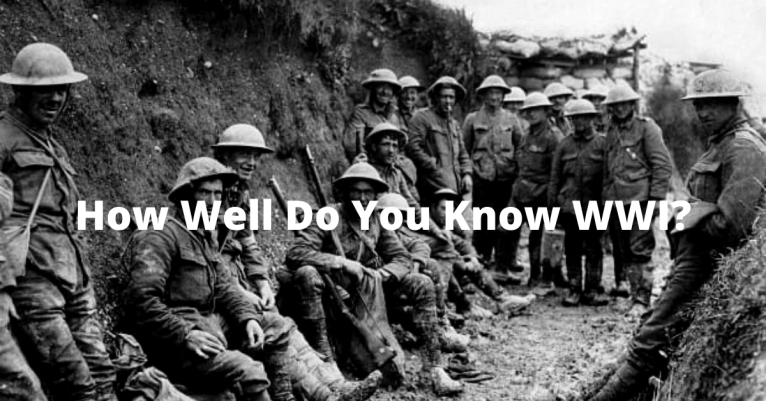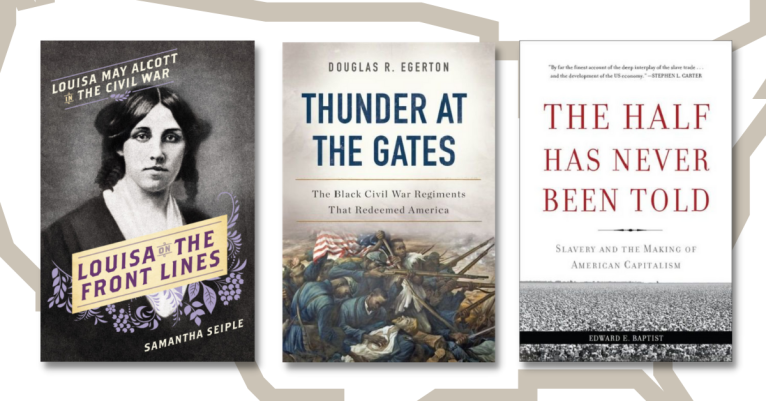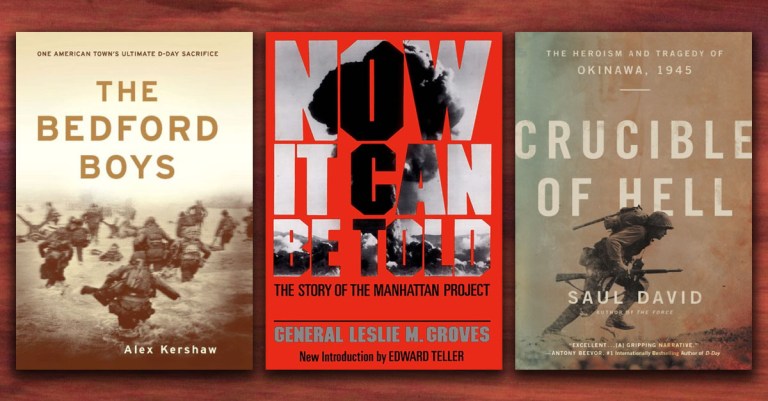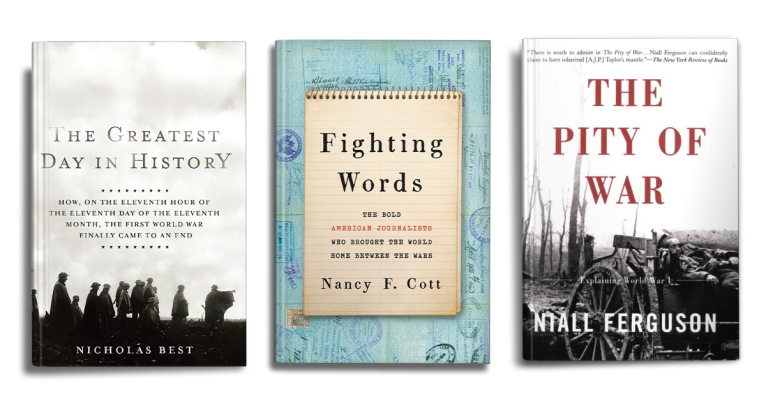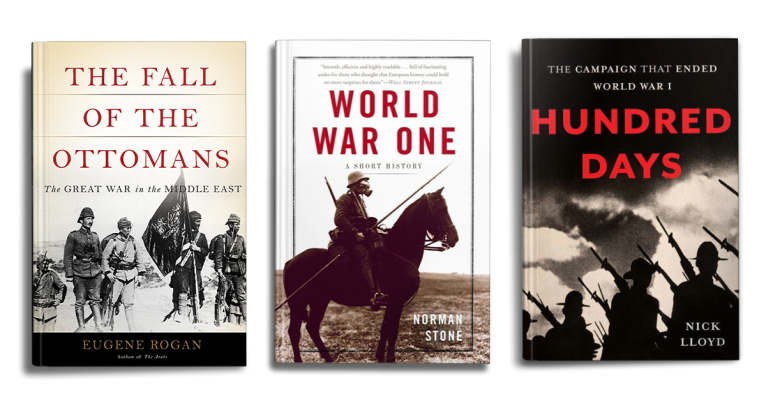So You Want to Know More About World War I?
As historians and military history buffs will tell you, when it comes to books on World War I history, there are far fewer books that cover it than books about World War II. You could probably read one great book about WWII every day for the rest of your life and not even come close to running out. But the same can probably not be said for WWI. It begs the question: Why aren’t there a zillion books about WWI, like there are about WWII?
There are probably a few reasons. One is technology: there were many advancements in cameras and film by the time WWII occurred, making it easier to document events and easier for people who want to write about WWII to learn about them. And there were more facets to the WWII, making for more stories.
But this doesn’t mean that amazing books about The Great War don’t exist. (Why was it called The Great War, you ask? Because of the large scale of the conflict.) On the contrary, some of the most incredible books about any war ever published are about WWI. So what it boils down to is quality over quantity. Which means if you’re a history buff or have always wanted to read about the first world war, you are in luck: here are 9 great books about the Great War.
Everyone knows World War I lasted from 1914 to 1918, but did you know there was a secret effort to bring it to an end earlier than that? Two years into WWI, supplies and soldiers were running out on both sides. Germany, Britain, France, and America all believed it was time to end the war. In The Road Less Traveled, readers will learn how the notion of peace went from an almost absolute guarantee to falling apart at the last minute.
While World War I was coming to an end in 1918, there were problems back in America. The Spanish flu was starting to spread, adding fear of the illness to the country's growing fear of anyone who sounded German. It was also an amazing time in baseball history. War Fever covers life in Boston in 1918 through the lives of three men: Karl Muck, a German conductor of the Boston Symphony Orchestra; Charles Whittlesey, a Harvard law graduate; and the most famous baseball player of all time, Babe Ruth.
In this riveting account by Bard history professor Sean McMeekin, he details the very beginning of the first world war. The assassination of Archduke Franz Ferdinand in June 1914 is often cited as what started WWI, and McMeekin explores how this evolved into a large-scale conflict and also looks at the ways in which the war could have been avoided.
And for more of a multimedia experience, you can read first-hand accounts from soldiers who fought in the first world war while viewing 3D images! This comes with a sturdy metal stereoscopic viewer, 35 stereoscopic photographs, and a 176-page paperback book that gives a brief history of war photography and an overview of the war.
